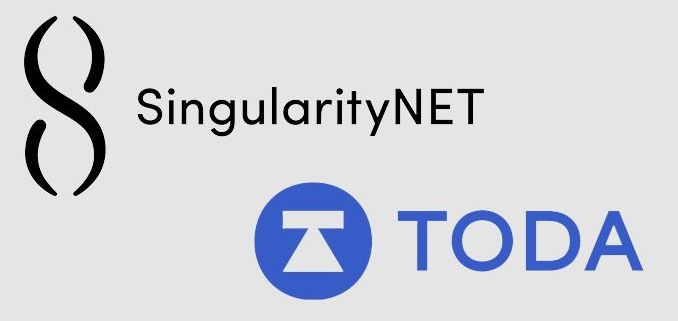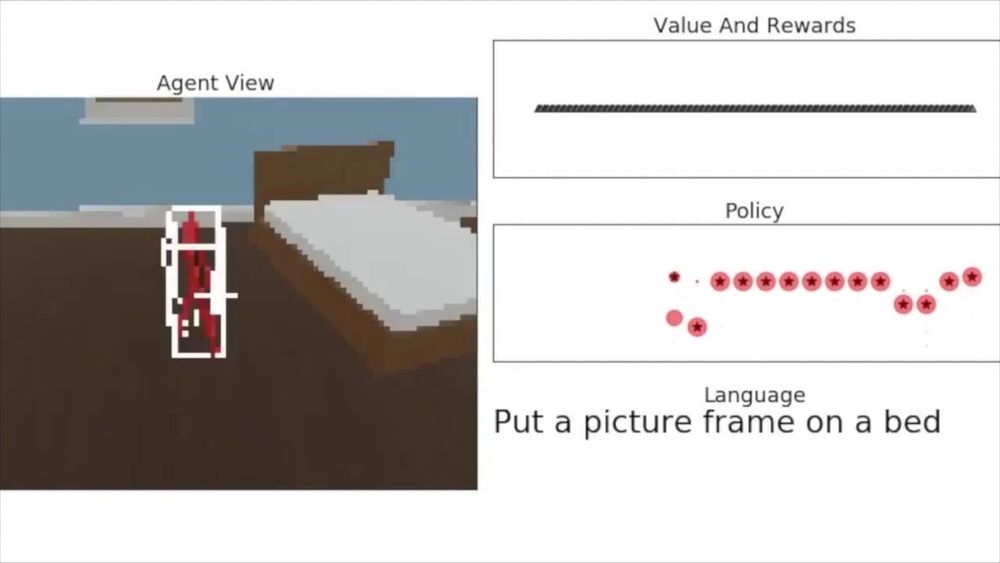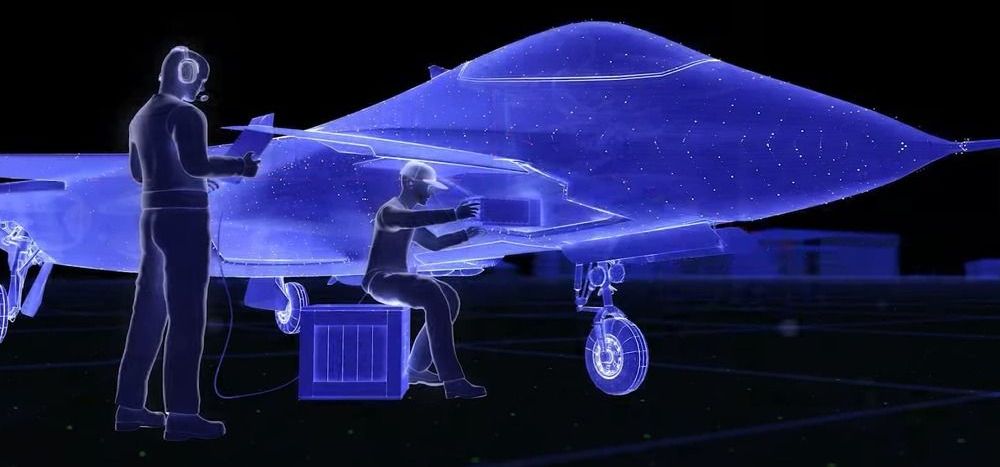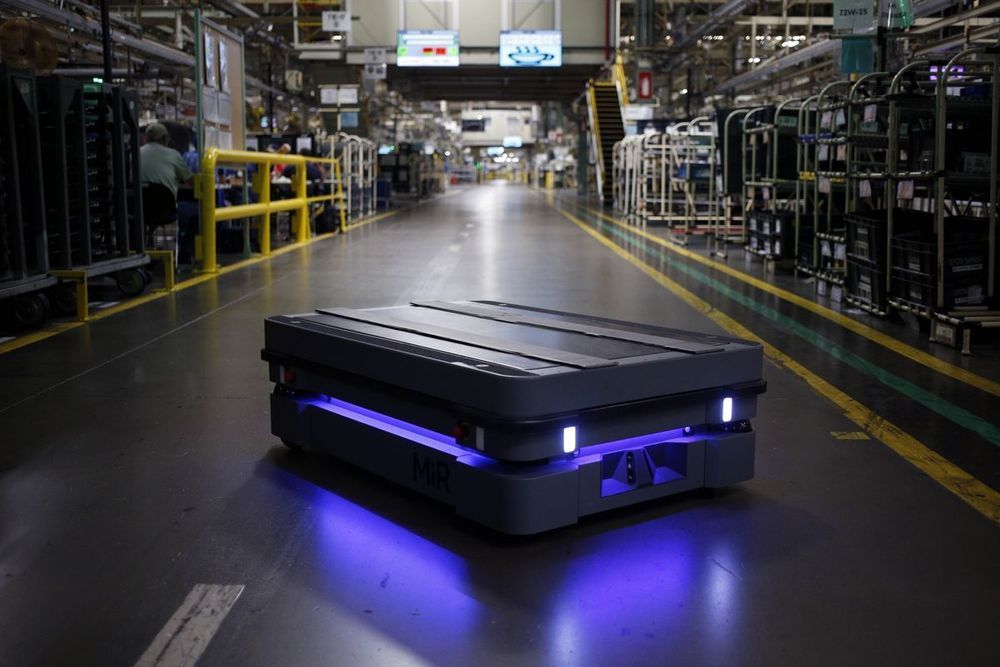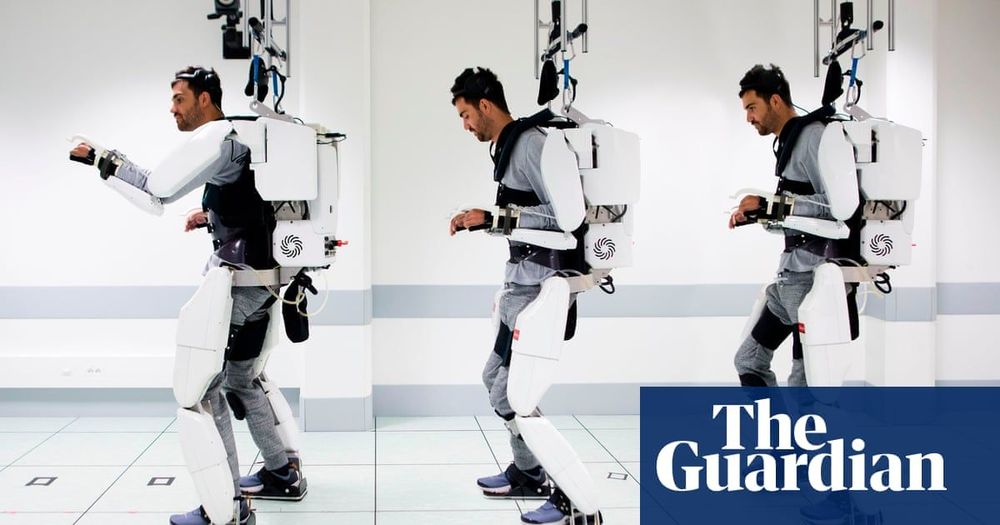Bank employs AI-powered “digital DNA human”
Arab Banking Corporation (Bank ABC), in collaboration with New Zealand tech company, Soul Machines, has announced the launch of “Fatema” – a fully autonomous AI personality that will assist customers online.
This “digital employee” can accumulate experiences, learn, and respond to people individually, therefore adding human-like qualities to the AI. Fatema will work alongside Bank ABC’s mobile-only digital bank (to be launched by end of this year) to offer a multi-faceted, personalised customer experience.


